





















This antistatic work mat has a textured surface that is resistant to chemicals and scratches. A conductive core layer protects operators and components from ESD (electrostatic discharge), while a foam underlay cushions falling components and provides a comfortable work surface.
Available in blue and gray.
Chemical resistance: PVC is resistant to many different chemicals and alkalis, as well as to general industrial chemicals. It is resistant to alcohols, aliphatic hydrocarbons, oily products, moderate acids, strong mineral acids and alkalis. When properly cleaned, PVC is resistant to greasy and oily products. PVC is not resistant to organic solvents, ketones, esters and aromatic hydrocarbons. Please contact us for further details.
Flammability: Will not burn after ignition source is removed. When "forced" to burn, fumes of Carbon Monoxide, Carbon Dioxide and Hydrogen Chloride are emitted.
Cleaning: Clean surface with brush or sponge. Isopropyl alcohol or hot soapy water may also be used to clean contaminated surfaces.
Worktop surfaces within the electronics industry or in environments requiring ESD protection for their products and in the workplace.
Suitable for dry indoor environments. Loose fitting.

| IS020001C |
Data sheet
| Format | Mat Roller |
| Surface | granular |
| Location | Interior |
| Properties | ESD / AS |
| Composition | Triple layer vinyl with central conductive layer |
| Thickness | |
| Borders | |
| Resistant to chemicals | Yes |
| Maintenance / Cleaning | Clean the surface with a brush or sponge. Isopropyl alcohol or hot soapy water can also be used to clean contaminated surfaces. |
| Environment | Dry environments |
| Operating temperature | -28 °C to +71 °C |
| Intensity of use | Intense |
| Wear index | 2/3 (Very good) |
Industrial mats meet the needs of ergonomic workstations and employee well-being.
They prevent:
There are many uses for industrial mats:
Safety criteria: The mat must cover the entire workstation, be firmly attached to the floor, not shift or slide, and have bevelled edges to prevent falls.
Thickness and flexibility criteria: Contrary to what you might think, you shouldn't choose a very thick or very soft mat. The mat should have a certain elasticity, but still allow a comfortable standing position, without the user feeling slumped.
Environmental criteria :
Environmental hazard criteria : To establish more precise characteristics for a mat (antistatic properties or fire resistance etc...) we need to take into account the hazards present in the environment where the mat will be installed.
Where hazardous liquids are present in the working environment, the anti-slip properties and chemical resistance of industrial mats should be taken into account. The presence of openings on mats to allow the evacuation of fluids is essential.
Traffic criteria: We need to take into account the traffic that takes place on the equipment: how many workers can walk on it? How often, etc., in order to choose the most suitable mat.
Prevent the many problems associated with poor workstation ergonomics: RSI, static shock, bacterial proliferation, etc.
We offer a wide choice of industrial mats: on rolls, in standard sizes, made-to-measure or modular mats to suit all types of workstations.